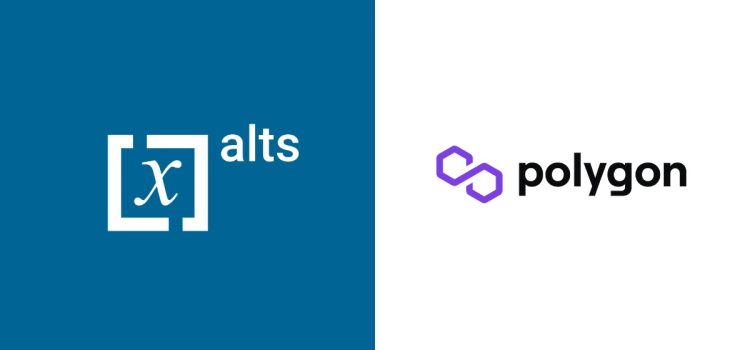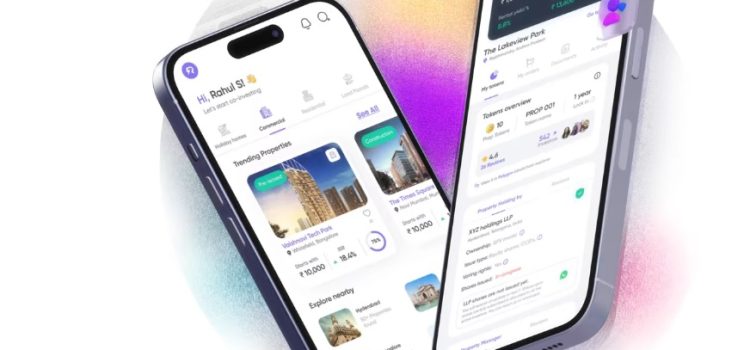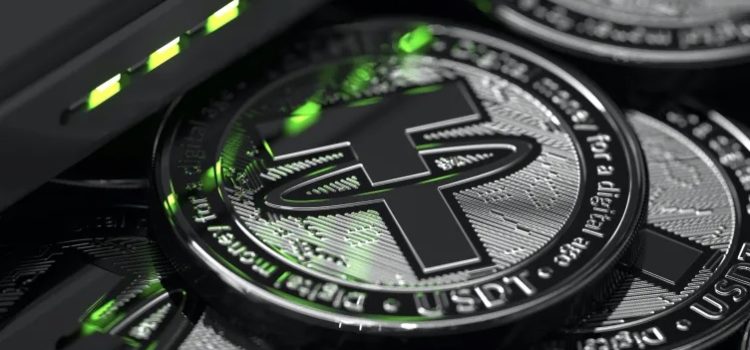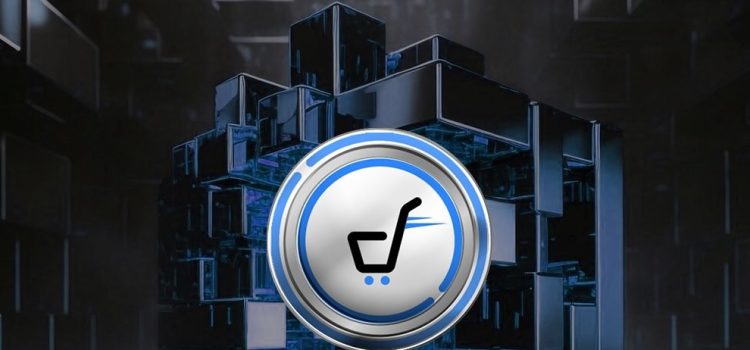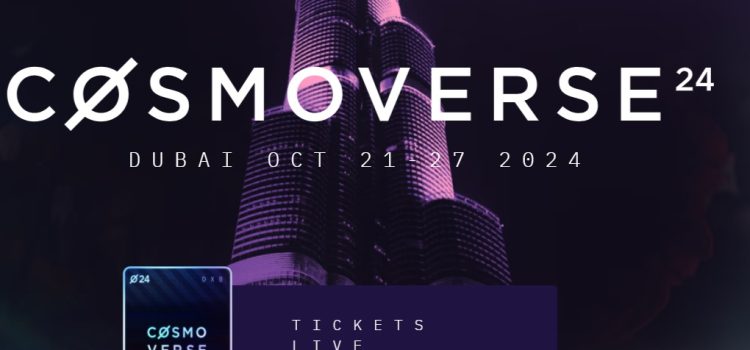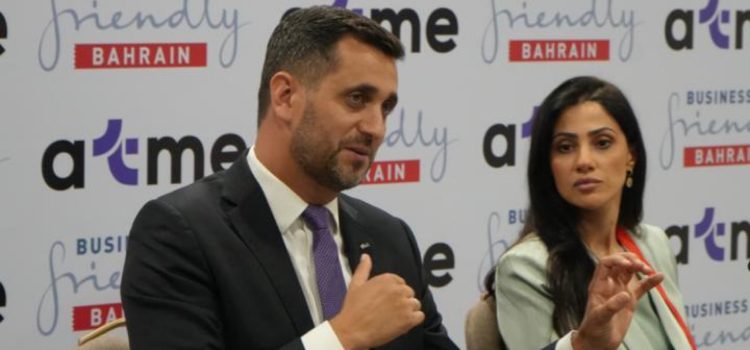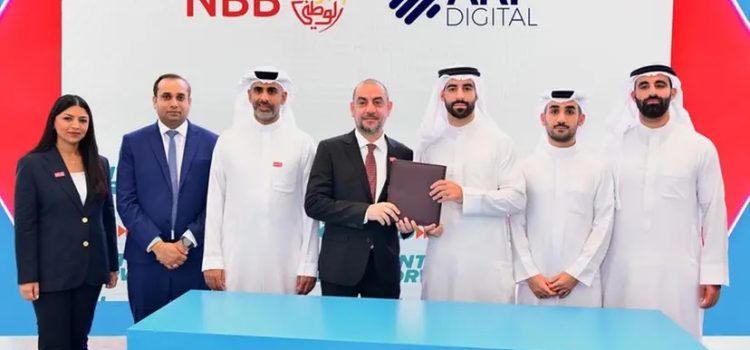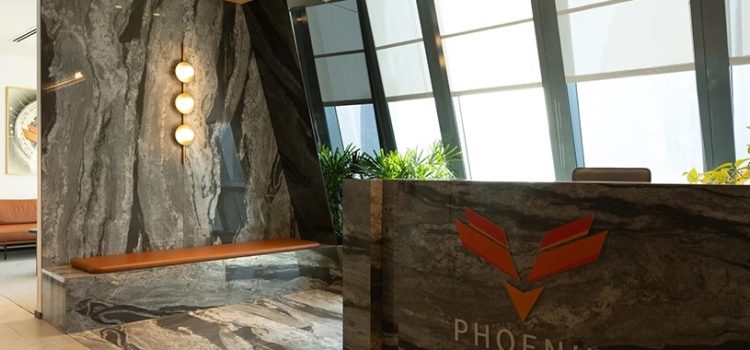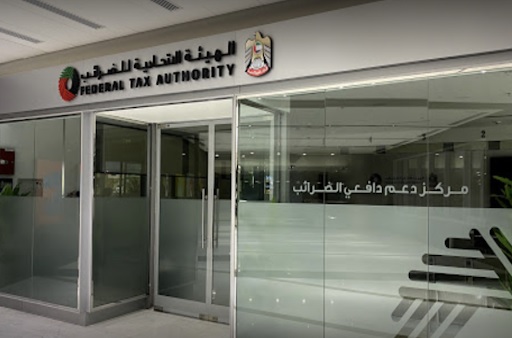
Xalts today announced a deeper collaboration to bring its enterprise-grade real world asset tokenization platform, RWA Cloud, to the Polygon blockchain network. RWA Cloud provides out-of-the-box solutions to enable financial services, governments, and other enterprise developers looking to build digital asset platforms for implementing blockchain, tokenization, and smart contract applications for different use cases.
Xalts’ product suite includes solutions such as the RWA Cloud platform, which enables large institutions such as financial services and governments to quickly build complex solutions on blockchains.
Recently, Xalts and Polygon Labs joined the Qatar Financial Centre Authority Digital Assets Lab to test and commercialise cases in real-world asset tokenization. The collaboration signifies a joint effort in exploring new dimensions in blockchain technology and asset tokenization.
By integrating Polygon within Xalts’ RWA Cloud platform, enterprise application developers will be able to deploy and build blockchain applications quickly and at a very low cost using Polygon. Xalts will further partner with the Polygon Labs team on a host of institutional applications, including those around trade and supply chain finance, treasury management, and digital currency adoption.
Xalts’ RWA Cloud addresses challenges enterprises and regulators face while implementing blockchain, such as retaining complex rules, workflows, processes, and user compliances mandated by internal or regulatory governance. Enterprises can manage process complexity associated with events like issuance, servicing, or transfers by leveraging RWA Cloud’s Smart Workflow Core, an orchestration layer that connects with smart contract libraries and multiple off-chain systems.
“We are very excited to onboard Polygon. Deeper collaboration and integrations with blockchain partners enables regulated financial institutions to build their enterprise use cases in a seamless way. We look forward to accelerating the adoption of RWA tokenization by enterprises.”, said Supreet Kaur, Chief Operating Officer, Xalts.
“Integrating Polygon with Xalts RWA Cloud will speed up the enterprise adoption of blockchain & RWA Tokenization use cases. We look forward to working closely with the Xalts team to enable financial institutions and fintechs with a plug and play solution”, said Colin Butler, Global Head of Institutional Capital at Polygon Labs.








